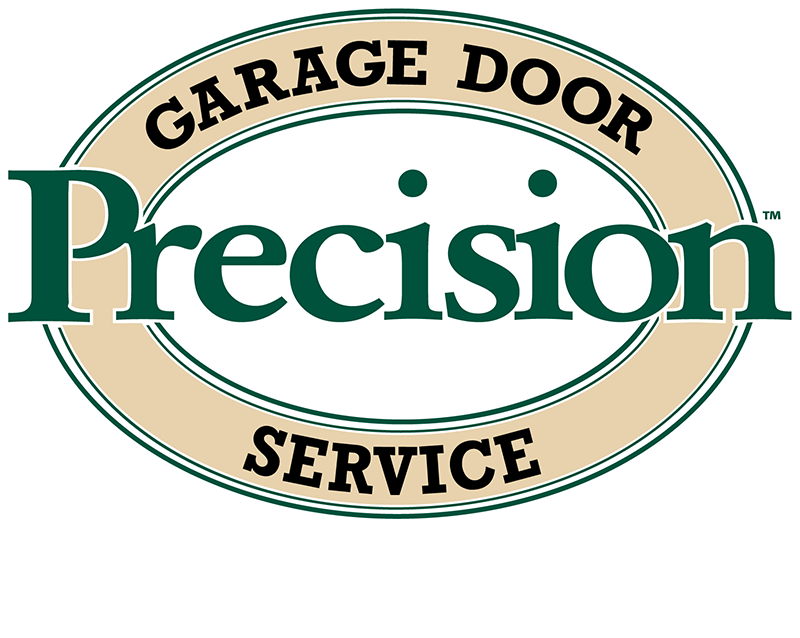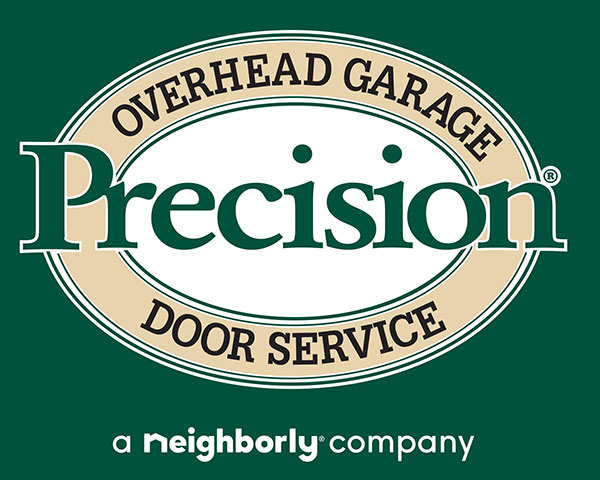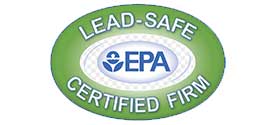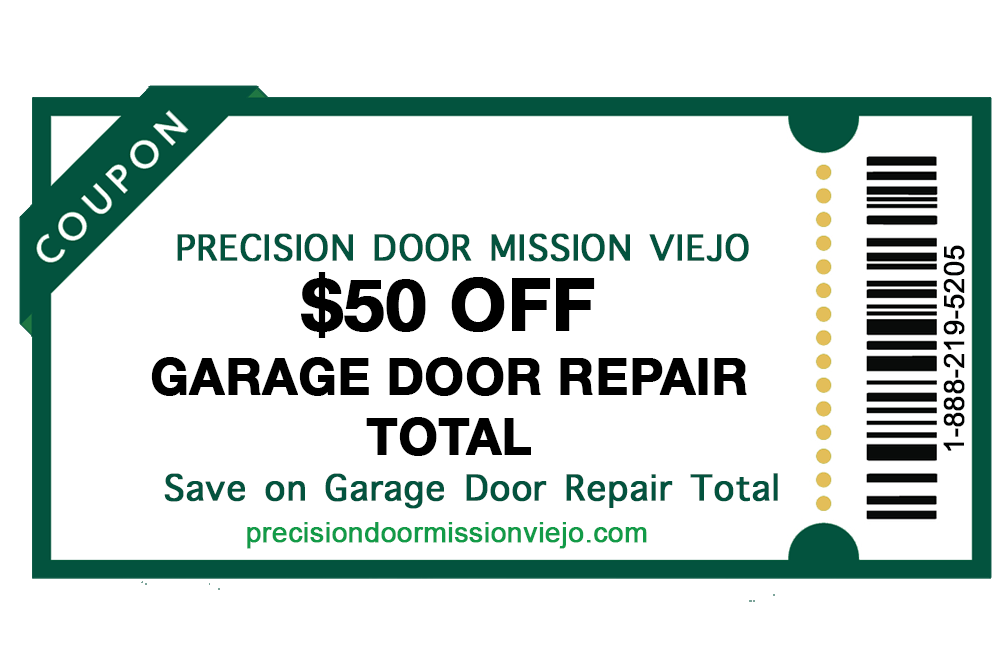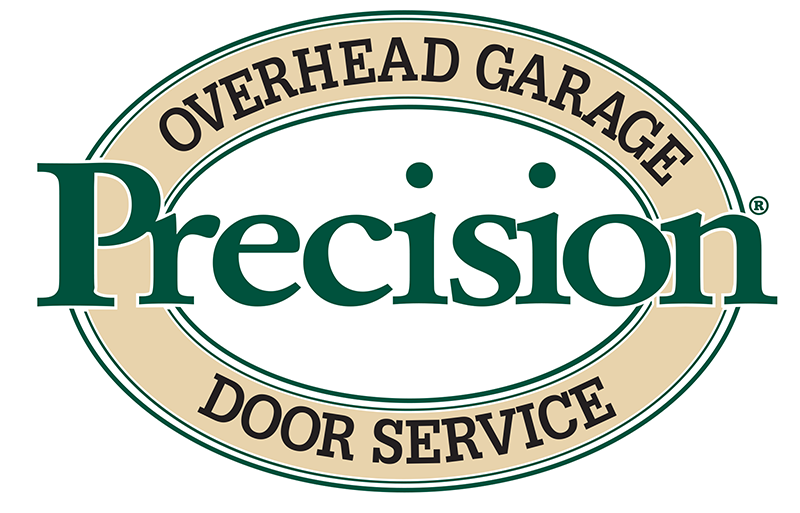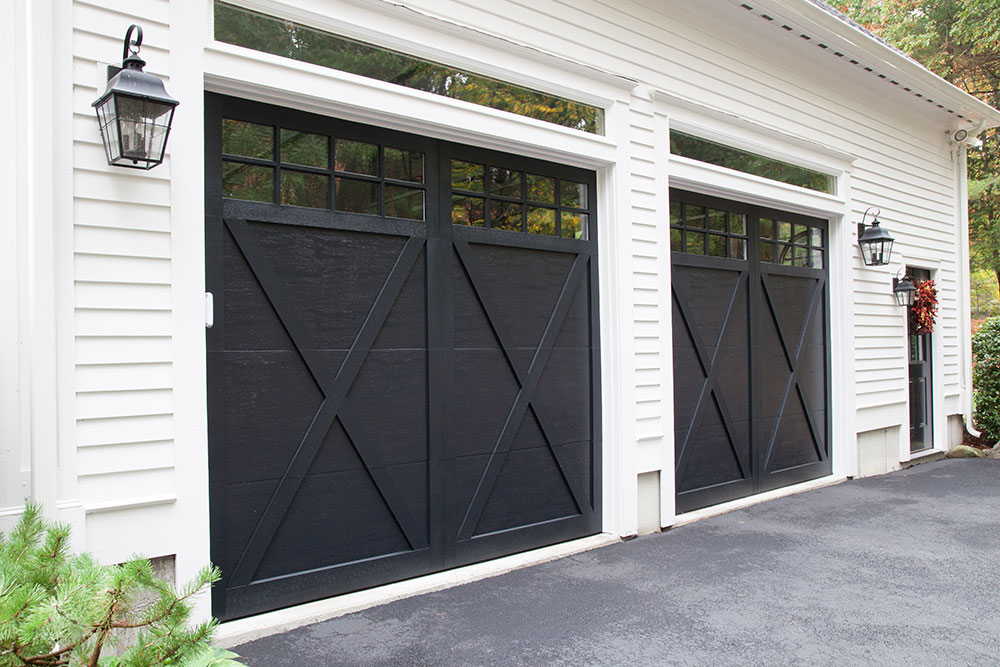
How to Fix Noisy Garage Door Rollers
Garage doors keep your car safe from physical harm or bad weather. They come in different colors, styles, and materials to match any home décor. Wooden garage doors are often constructed from cedar, fir, or mahogany, available in insulated or non-insulated varieties. Insulated wood doors provide extra protection against the elements while keeping your garage well-insulated throughout the year. Non-insulated doors are more affordable upfront but require frequent maintenance as they warp over time due to temperature fluctuations. Garage door rollers are made from metal, plastic or nylon.
Steel and aluminum overlay garage doors are more durable and provide security against intruders. Steel is more affordable, while aluminum is lightweight and versatile in custom styling options. New garage doors have different hardware and accessories to add convenience, security, and aesthetics to your garage. These include remote control systems, door locks, weather-stripping, and safety sensors.
Garage Doors
Most garage doors are either belt or chain-driven, and worn gears, broken springs, or loose parts cause noise. Ensure you lubricate all moving parts to reduce the sound of your garage door. If the noise persists, you may need a professional repair to replace specific components like springs or gears. Here are methods to quiet your noisy garage door.
Lubricate or Replace the Garage Door Rollers
The rollers are usually the culprit if your garage door makes a racket. These small wheels guide the door along its tracks. Over time, they wear down or become clogged with debris, causing squeaks and screeches. The solution is to lubricate or replace them, depending on the type of rollers.
You should replace plastic rollers every two years since they work without ball bearings and tend to wear faster. Steel rollers are susceptible to rust and corrosion though they last longer than plastics. You are safe with nylon rollers because they make less noise than plastic and steel.
Regardless of the type, garage door rollers wear down depending on how often you use the garage door. Contact a professional to inspect your garage door rollers and determine if you should lubricate them to remove rust and deal with the noise or replacement. Allow them to install new garage door rollers and maintain your door’s alignment for longevity.
Lubricate or Replace the Hinges
If your garage door makes a loud and annoying screeching noise every time you open or close it, it’s likely due to the hinges. The hinges connect the panels and allow the door to move smoothly. Over time, they can become worn out or dry, causing them to squeak and bind. To quiet a noisy garage door, you have two options: lubricate or replace the hinges. Lubrication can solve the problem if the hinges are dry and need some oil to run smoothly. However, replacement is the only permanent solution if the hinges are worn out.
Balance the Door
When the garage door is off-balance, it produces a scraping noise as it scraps against your house. If the door is off-track and the springs snap, it produces a popping or banging noise. Other signs of an off-balance door include slow response time, uneven appearance, closing after manual opening, or not opening.
A garage door out of balance creates noise due to uneven weight distribution, loose springs, or worn-out belt drives. Disconnect the opener and close the door manually to check if the door is balanced. Then, lift the door halfway and let go. If the door stays in place, it’s balanced. If it doesn’t, you’ll need to adjust the tension in the springs. Since an off-balance door can cause severe damage, hiring a professional to repair and balance your door is best.
Properly Mount the Door
If your garage door makes excessive noise, unmount and mount it to ensure optimal performance. This process involves disconnecting the door from the opener and lowering it to the ground. Tighten loose bolts or screws, then reattach the door to the opener with proper alignment. Use caution during this process to avoid injury and seek professional help.
Lubricate or Replace the Springs
Garage doors are robust machinery, but frequent use can cause wear and tear, leading to unpleasant noise. If you’re experiencing a noisy garage door, it could be due to the springs. Springs lose their strength and need replacing after a certain amount of use. Although lubrication smoothens the garage door’s operation, it is a temporary fix. The best long-term solution is to replace the worn-out springs. A professional technician can determine the lifespan of your garage door springs and advise on the right course of action.
Tighten Nuts and Bolts
Loose nuts and bolts cause your garage door to rattle and vibrate. You need basic tools like sockets, wrenches, and pliers to tighten them. Check the nuts and bolts on your garage door often for looseness to avoid noise and possible damage to your door.
Repair the Opener
Garage door openers are essential for the smooth functioning of a garage door. The source of these sounds could be belt drives, screws, or chains. When neglected, screws start grinding against the rack, producing a loud, scraping noise. A loose belt emits a high-pitched, irritating squeal. Garage door noises also indicate an issue with the opener, which may prevent the door from opening and closing.
Inspect the belt or chain for any signs of wear and tear. If there are worn or broken links, you’ll want to replace them with new ones. If your garage door opener is a screw drive type, check the motor shaft and gears for visible damage and ensure the drive mechanism is well-greased.
Once you identify and address all potential issues, reconnect the garage door opener to its power source. If it is battery-operated, replace any worn or depleted batteries. Once you connect the power source, test the opener by opening and closing the door several times to ensure it functions properly.
Conduct Regular Maintenance Checks
Regular maintenance checks ensure your garage door remains safe and functional. Routine checks allow for early detection of deteriorating components and replacing them. Schedule maintenance checks every six months to avoid expensive repairs or replacements. A professional technician further advises reducing noise, such as adding noise-dampening insulation.
